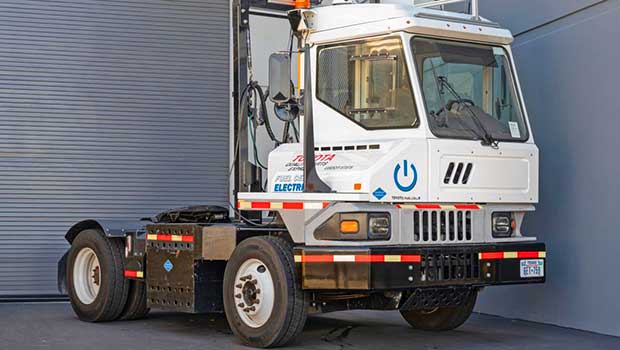
The Toyota Uno is a hydrogen-powered truck designed for freight transportation. This innovative vehicle is part of Toyota’s ongoing efforts to promote sustainable transportation solutions and reduce carbon emissions.
One of the key features of the Toyota Uno is its hydrogen fuel cell system, which produces electricity through a chemical reaction between hydrogen and oxygen. This electricity is used to power the vehicle’s electric motor, providing a clean and efficient source of energy.
In addition to its environmentally friendly power source, the Toyota Uno also boasts impressive performance capabilities. The truck has a range of up to 600 kilometers on a single tank of hydrogen and can carry a maximum payload of 36 metric tons.
The design of the Toyota Uno is also noteworthy, featuring a streamlined aerodynamic body that helps to reduce wind resistance and improve fuel efficiency. The truck’s cab is spacious and comfortable for drivers, with features such as a large touchscreen display and advanced safety systems.
Toyota is planning to launch a pilot program for the Uno in the coming months, with plans to test the vehicle’s capabilities in real-world freight transportation scenarios. The company is also working on developing a network of hydrogen fueling stations to support the wider adoption of hydrogen-powered vehicles.
The Toyota Uno represents a significant step forward in the development of sustainable transportation solutions. By leveraging the power of hydrogen fuel cells, Toyota is helping to create a cleaner and more efficient future for the transportation industry.
The Toyota Uno is also designed with safety in mind. It features a range of advanced safety systems, including collision avoidance technology, blind-spot monitoring, and lane departure warning, which help to prevent accidents and protect both the driver and other road users.
The hydrogen fuel cell technology used in the Toyota Uno also offers several advantages over traditional diesel-powered trucks. For one, hydrogen fuel cells produce zero emissions, helping to reduce air pollution and greenhouse gas emissions. Additionally, hydrogen is a widely available resource that can be produced using renewable energy sources, making it a sustainable alternative to fossil fuels.
Despite its many advantages, however, there are still some challenges to the widespread adoption of hydrogen-powered vehicles. One major issue is the lack of infrastructure, particularly when it comes to hydrogen fueling stations. However, Toyota and other companies are working to address this issue by investing in the development of new fueling infrastructure and promoting greater awareness of the benefits of hydrogen fuel cell technology.
In conclusion, the Toyota Uno is a promising example of the potential of hydrogen fuel cell technology in the transportation industry. With its impressive performance capabilities, advanced safety systems, and environmentally friendly power source, the Uno represents a significant step forward in the development of sustainable transportation solutions. As more companies and governments around the world embrace hydrogen fuel cell technology, we can look forward to a cleaner, more efficient, and more sustainable future for transportation.